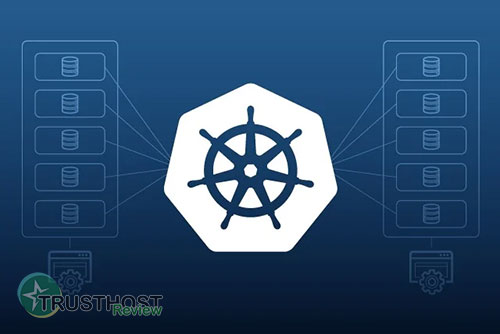Apache: The Backbone of the Web
The Backbone of the Web
The internet, as we know it, thrives on a complex ecosystem of technologies. One of the most crucial components of this ecosystem is the web server, responsible for storing, processing, and delivering web pages to users worldwide. Among the many web servers available, Apache stands tall as a dominant force, powering a significant portion of websites globally.

What is Apache?
Apache is open-source web server software developed and maintained by the Apache Software Foundation. Released in 1995, it quickly gained popularity due to its reliability, security, and flexibility. As open-source software, Apache is freely available for anyone to use, modify, and distribute, making it an attractive option for individuals and businesses alike.
How Does Apache Work?
At its core, Apache acts as an intermediary between a user's web browser and the website's files stored on a server. When a user requests a webpage, their browser sends a request to the server hosting the website. Apache, running on the server, receives this request, locates the requested files (HTML, CSS, images, etc.), and sends them back to the user's browser, effectively displaying the webpage.
Why is Apache so Popular?
Several factors contribute to Apache's enduring popularity:
- Open-Source Nature: Its open-source license allows for free use, modification, and distribution, making it a cost-effective solution.
- Reliability and Stability: Apache has a proven track record of stability and reliability, ensuring websites run smoothly and consistently.
- Security: Regular security updates and patches address vulnerabilities, safeguarding websites from potential threats.
- Flexibility and Customization: Apache's modular architecture allows administrators to customize its functionality through various modules, extending its capabilities.
- Cross-Platform Compatibility: It runs seamlessly on various operating systems, including Linux, Windows, and macOS.
- Large and Active Community: A vast and active community of developers and users provides ample support, documentation, and resources.
Key Features of Apache
- Handling Static and Dynamic Content: Apache excels at serving static content like images and HTML files. It can also be configured to handle dynamic content using modules like PHP and CGI, enabling interactive web applications.
- SSL Support: Apache supports SSL (Secure Sockets Layer) encryption, crucial for securing sensitive data transmitted over the web, like credit card information.
- Virtual Hosting: This feature allows a single Apache server to host multiple websites with different domain names, maximizing resource utilization.
- URL Rewriting: Apache can manipulate website URLs, making them more user-friendly and improving search engine optimization (SEO).
Apache's Impact on the Web
Apache's impact on the web is undeniable. Its widespread adoption has contributed to the growth and evolution of the internet, making it accessible to a global audience. Its open-source nature has fostered innovation and collaboration, driving the development of web technologies.
As the internet continues to evolve, Apache remains a cornerstone of the digital world, powering countless websites and applications that shape our online experiences.
















